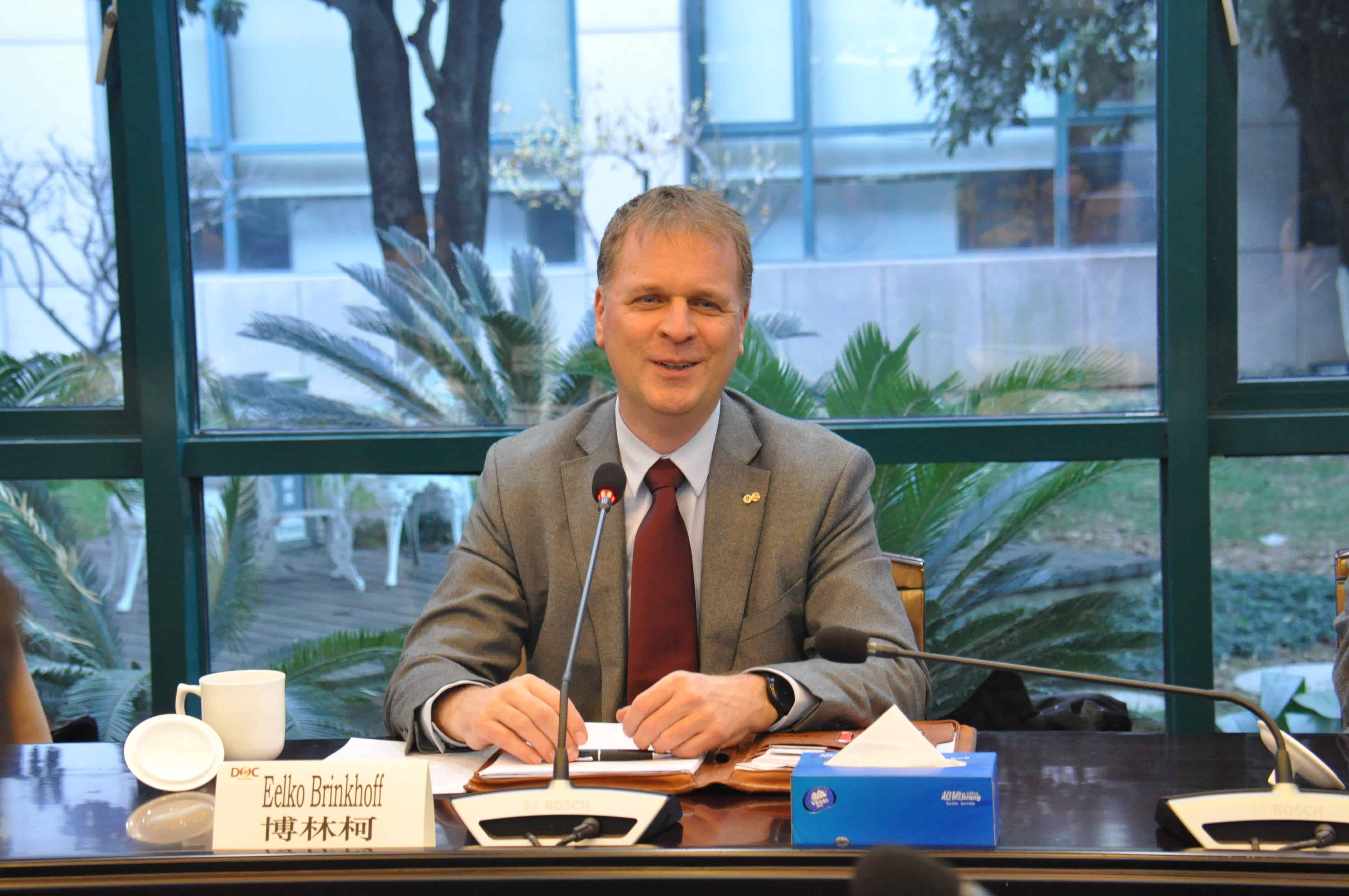
That technical knowledge helps a tech company to advance is not in dispute. But social skills are also essential. How do these ‘soft skills’, which are genuine power skills, contribute to the successful development of a company? “Technology is the engine for innovation, but power skills ensure that an organization works together as one powerful entity,” says Ariëlle van Gestel, a teacher of leadership skills at Mikrocentrum.
The technical industry today is still primarily focused on technical skills, but this is slowly beginning to change. Many companies are increasingly recognizing that collaboration, trust and leadership are all critical components within the technical sector. In other words: There is an increasing focus on the social aspect of innovation in the high-tech industry.
Preventing illness-rated absenteeism and burnouts
For 15 years, Van Gestel has been working at Mikrocentrum to improve personal leadership skills among technicians. In 2021, she was the first woman to win the Kees Kooij Award. This award is given annually by Mikrocentrum to a teacher who has made a special contribution. “The award is not only a recognition for myself and my work, but also for soft skills in the technical world,” says Van Gestel.

“It’s always great to see that during the training sessions a world opens up for people,” she says from her experience. “The moment a manager does not pay enough attention to power skills, problems will arise. Most problems in organizations stem from miscommunication. How do you build up good relationships with people in your company? And how do you get them on board with the decisions that you make? If you don’t work on your social intelligence then you will unintentionally set pathogenic processes in motion. You will then have to deal with more illness-related absenteeism and burn-outs. How connected colleagues feel to each other within an organization determines whether they enjoy going to work. If you create the right conditions on the work floor, then there is room for the company to evolve further and to make progress.”
“And what I love most about my profession,” Van Gestel adds, “is that I do my bit to help develop self-awareness.” Because it’s not just the organization that benefits from a leader with social skills. “What are you actually like yourself? People really come up against themselves during the training sessions. That’s incredibly gratifying to see.”
VDL Nedcar
Technicians from various companies have followed the leadership training courses provided by Mikrocentrum and held by Van Gestel in recent years. One of those companies is VDL Nedcar, based in Born, the Netherlands. It is the only automobile manufacturer of series models in the Netherlands. From Volvo to BMW: The company is now known for developing 23 different car models. A highly technical company, but the communication skills, which team leaders from the company followed at Mikrocentrum, are indispensable in the company, emphasizes Rob Herber, Head of Training & Development at VDL Nedcar.
The training provided by Van Gestel led to a positive change in terms of the leadership within the company. “In the past, the management style here used to be fairly directive. As in: you have to do this, because I say so. But Arielle has shown us how to empower people in their work. Don’t tell them what to do, but try to do it through some kind of coaching. She knows how to get that message across very effectively.” In addition, she also gets team leaders to pause and think about themselves and their goals, Herber adds. “What do you stand for? What standards and values are important to you? If you want to be a good leader, you first have to understand yourself.”
DAF Trucks
DAF Trucks is one of the largest manufacturers of trucks in Europe. The DAF team leaders were also trained by Van Gestel. Technical knowledge and power skills go hand in hand there, states Linda Rossen, Training & Development Specialist at DAF. “If you want to build a truck, there is a lot of engineering knowledge involved,” she points out. “But it definitely also requires communication and collaboration. In engineering, power skills are not always the most favorite part. But real success is really about getting your message or idea across.”
At DAF, a lot of physically demanding work takes place, which is carried out by a diverse team of employees. Team leaders are the ‘lubricant on the work floor’. Rossen: “Employees often work rotating shifts and the work must be handed over properly to the next shift. Team members must therefore be really in tune with each other. We see that team leaders have an important role to play in this and can perform better if they have the right communication skills. Van Gestel sees to it that they develop the skills they need. So we clearly see the results of the training course in practice at DAF.”
Enjoy going to work
In the end, you not only achieve a higher level of production with this style of leadership, she adds in conclusion. “Definitely what is as just as important: It gives employees confidence when they are involved in the decision-making process. You see that they end up enjoying going to work more.”








